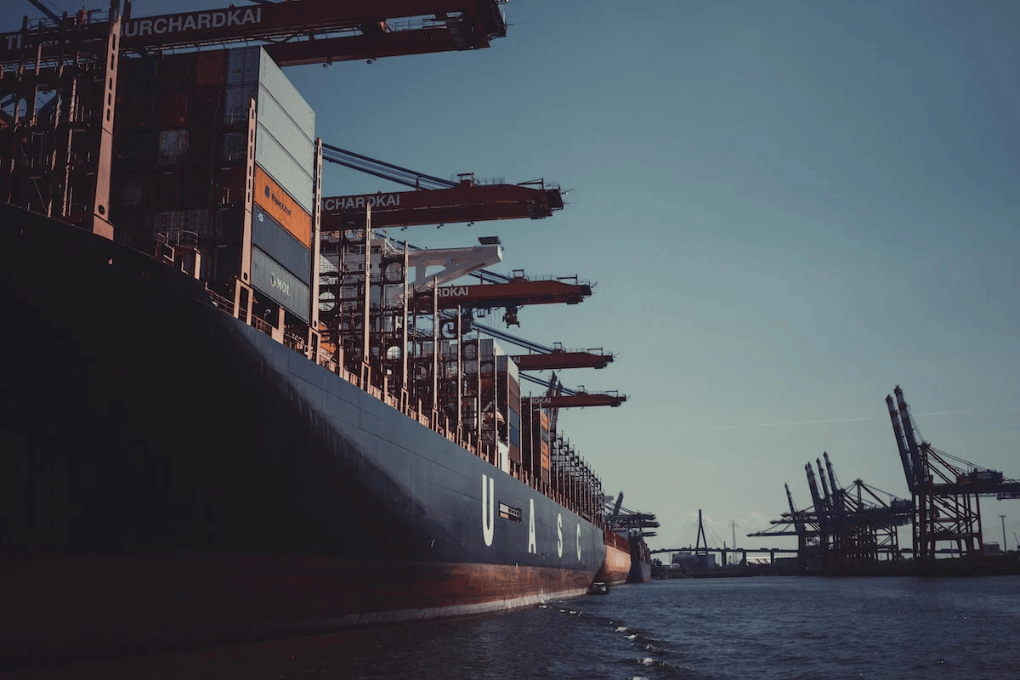Over 420,000 jobs in South Africa at risk

South Africa’s export-driven industries face growing vulnerability from emerging global climate policies, particularly carbon border adjustment mechanisms (CBAMs), according to a new report by Net Zero Tracker. These policies, aimed at curbing carbon leakage, impose surcharges on imports based on their carbon intensity. The European Union, South Africa’s second-largest trade partner, will begin enforcing its CBAM in 2026, with similar mechanisms planned by the UK and under consideration by countries like Australia and Japan.
The report finds that approximately 422,000 South African jobs are tied to exports to CBAM-active or soon-to-be CBAM-compliant countries. The basic metals sector—responsible for nearly a third of South Africa’s 2023 exports—is particularly exposed, emitting nearly twice as much carbon dioxide as its closest international peer. The automotive and agriculture sectors also rank among the highest globally in emissions intensity. In total, 1.2 million South African jobs are supported by exports to countries with net-zero targets.
Net Zero Tracker warns that CBAMs pose risks to employment, inequality, and poverty reduction, but also offer a strategic opportunity. South Africa’s abundant renewable energy, critical mineral reserves (notably manganese and chromium), and participation in frameworks like BRICS and the Just Energy Transition Partnership (JETP) position it to benefit from global decarbonisation trends. However, the country currently lacks enough investable projects to fully leverage its $8.3 billion JETP deal.
The researchers conclude that decarbonising key sectors is no longer just a climate imperative but essential to preserving trade competitiveness and employment in a carbon-constrained global economy.
Implications for Adcorp
Exaggerated headline, but a threat to heed.
